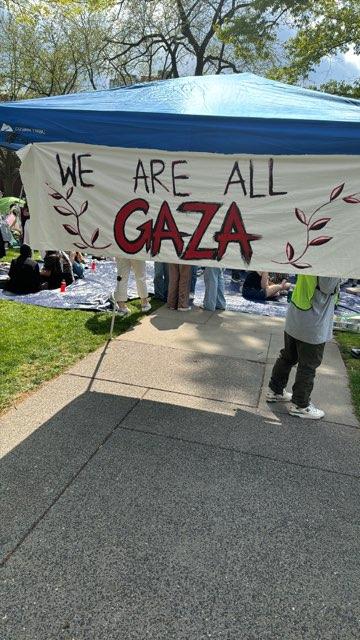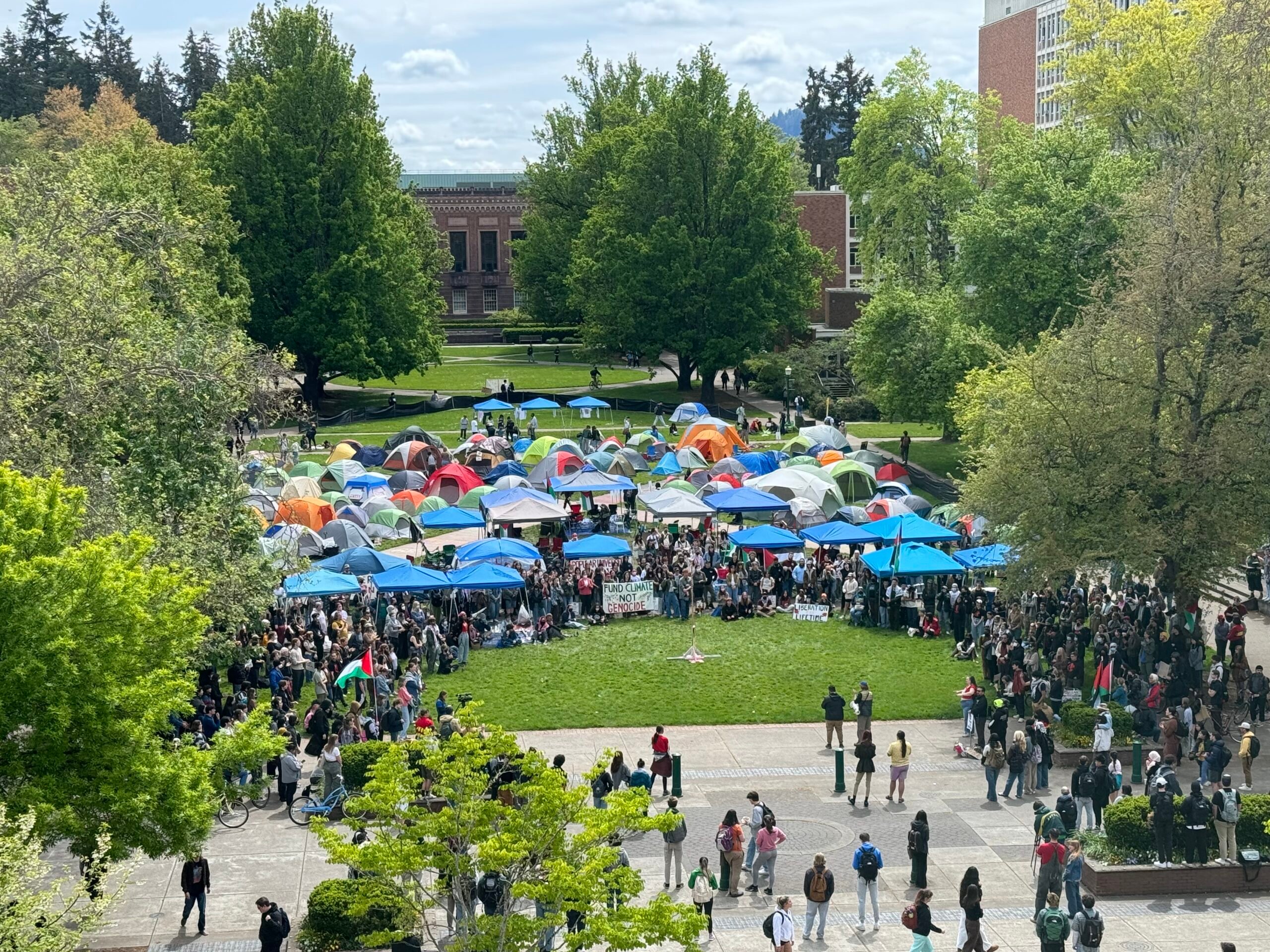
Part II
Humans are fashioned in the image of God, and we are the only creatures who possess intelligent speech. Through regulating our language and controlling our tongues we become more Godlike. By contrast, vulgar and unrefined language taints our divine capacity. Discretion is important in general, but prudent language is even more critical when discussing delicate issues.
Surprisingly, the Torah extensively details the condition of a metzora, who is afflicted with an unseemly sickness. The minute laws regarding victims who suffer the revolting and contagious disease of tzara’at occupy an entire parsha. Likewise, the Torah comprehensively delineates the halachot governing a zav or a zava, men or women who experience sustained bodily emissions. Instead of briefly summarizing these awkward situations, the Torah provides exhaustive coverage.
The Torah doesn’t blush at any aspect of human experience and doesn’t avoid these inelegant situations. There is no part of the human lifecycle that is “undignified” in the eyes of God. We constantly stand in His presence—both in our noble state and in our moments of lesser dignity. Religion is all-pervasive: We never walk away from His presence, and we never unfasten ourselves from halachic regulation. Just as we stand before Hashem on Yom Kippur in full glory, we stand before His will in our humiliating moments of frailty. There is no “time out” from religion and no space that is “out of bounds” from God.
It is not just halacha that extends the will of Hashem to all human experience. The wisdom of Torah possesses relevance for all spheres of human experience—even areas that lie beyond the formal boundaries of halacha. Torah comments upon the entire sweep of human experience—from culture to politics and from history to psychology. As we navigate an ever-changing and rapidly pivoting world, we look to the will of Hashem for guidance and for compass.
Sadly, we often, incorrectly, bifurcate our experiences, setting unnecessary and unhealthy barriers between the “religious” and the “secular” parts of our lives. This harmful division begins as soon as our school hours are segregated into “religious studies” and “secular studies,” implying that our broader interests are bereft of any religious meaning. When we study math are we not exploring the foundations of Hashem’s creation? Isn’t biology an opportunity to study the wonders of Hashem’s masterpiece called Man? Shouldn’t we study the flow of history, to better appreciate the hidden divine hand coursing through human decisions? Is there any realm of human thought that is insulated from the will of God? Perhaps it would be wiser to divide the day into “kodesh studies” and “general studies,” allowing for differences between holy and mundane, while still granting religious meaning to our broader studies.
Every element of our lives should be experienced through the prism of Hashem’s will. While halacha regulates a broad range of behavior, areas that aren’t dictated by halacha should be informed by the will of Torah. Nothing lies outside the realm of Torah and of the divine will—even our awkward and dysfunctional moments.
Compartmentalization of religion doesn’t just bifurcate our experience, it also negates the relevancy of Torah. The great challenge of every generation is to articulate the enduring relevance of Torah. Torah was delivered thousands of years ago and was “set” in a very different cultural period. To many, it feels “yellowed”—outdated and obsolete. Even those who scrupulously adhere to its laws and traditions often view Torah as marginally relevant to a flashy modern world of technology, politics, culture and entertainment. Torah remains external to their identity, and religious practice becomes passionless and lethargic. Stretching Torah to every corner of human experience preserves the relevancy of Torah, embedding it more deeply in our identity and infusing greater authenticity and passion. Relevance creates identification, which in turn generates passion.
Last week the world lost its preeminent Torah scholar, Rav Chaim Kanievsky, zt”l. In addition to his prodigious and almost unimaginable commitment to Torah study, he was viewed by many as the source of da’as Torah. He offered Torah-based guidance about areas that lie outside the realm of halachic decisions such as medical issues, financial decisions and personal dilemmas. For many who don’t practice da’as Torah, reliance upon non-empirical direction is incongruous with their rational lifestyles. My article last week attempted to frame the coherence of this phenomenon, particularly for those who don’t rely upon supernatural guidance.
I have spent the past week reevaluating the culture of da’as Torah, and in particular, pondering the challenges facing those who don’t depend upon da’as Torah. Ironically, those who conduct their lives based on da’as Torah are less prone to compartmentalization. Intrinsic to da’as Torah-reliance is the assumption that every decision in life—halachic or otherwise—should be streamed through Torah. Decisions are subjected to Torah scholars and to the higher wisdom they provide. No realm is seen as “beyond” the purview of Torah.
This is ironic because, generally, those who rely upon da’as Torah have less practical need for integrating their broader “world” with Torah. Often, da’as Torah “advocates” possess less interest in the broader world outside of Torah study. They are less interested in non-Torah studies and less attuned to cultural influences. Living in a more narrow and protected space, they have “less” to integrate with Torah and with the will of Hashem.
By contrast, often, those who don’t rely upon da’as Torah engage in a world of broader interests, facing a more considerable challenge of integrating their wider experiences with religion and with Torah. As they don’t subscribe to da’as Torah, the notion that Torah is ubiquitous and that it possesses “panoramic relevance” is less assumed. It must be explicitly articulated and accentuated.
There are no alleys of experience that are empty of Torah’s will. Torah suffuses our lives with halachic governance. For some, Torah also jackets their lives with direct answers to life’s manifold questions. For others, it should still provide the wisdom and the compass to navigate the complexities of life.
For everyone, Torah is everything. Different groups transform it into “everything” in very different manners.
The writer is a rabbi at Yeshivat Har Etzion/Gush, a hesder yeshiva. He has semicha and a BA in computer science from Yeshiva University as well as a master’s degree in English literature from the City University of New York.












